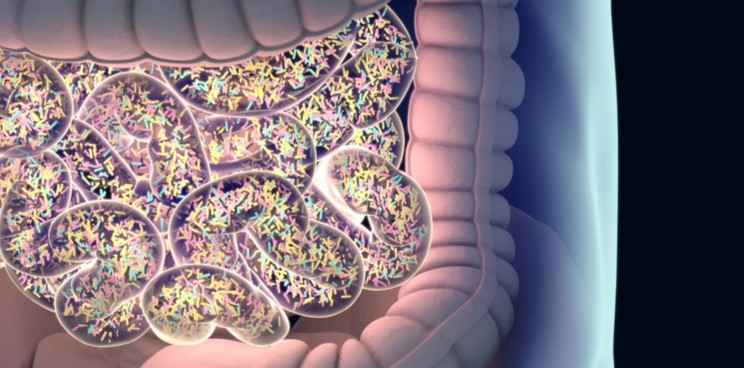French microbiome biotech Enterome has raised €46.3M in Series E funding to progress its cancer and inflammatory bowel disease therapies to phase I trials in a few weeks.
Two new investors to Enterome — SymBiosis, a US-based investor, and the Japanese big pharma Takeda — took part in the fundraise in addition to existing investors such as Seventure and Nestlé Health Science.
Enterome is developing cancer immunotherapies based on proteins produced by the human gut microbiome — the collection of microorganisms that live in our intestines. These proteins — called ‘OncoMimic’ proteins — mimic those given off by cancer cells that can trigger the immune system to target specific tumors.
The Series E will let the company take its lead candidate therapy — comprising three OncoMimic proteins — into two phase I/II trials. One trial will test the candidate treatment in patients with the aggressive brain cancer glioblastoma and the other in patients with adrenal tumors.
The company is targeting these two cancers to start with because they produce a number of immune-triggering proteins that are very similar to those from gut bacteria.
“The selected OncoMimics trigger the rapid activation of memory T cells that have been generated in response to bacteria in the gut. Given the very close similarity of the gut bacterial and the tumor antigens, we expect [our treatment] to direct a targeted cell-killing immune response against the tumor,” said Pierre Belichard, CEO of Enterome.
Belichard told me that these trials have been somewhat delayed by the Covid-19 pandemic, but should start in the next few weeks.
Enterome is developing another OncoMimic therapy to target blood cancers such as lymphoma and leukemia, which it plans to test in human trials next year.
In addition to its immuno-oncology candidates, the company is also developing microbiome-based therapies for inflammatory bowel diseases such as Crohn’s and ulcerative colitis. One of its candidates is a protein produced by ‘good’ gut bacteria that mimics a human hormone involved in inflammation. Enterome is developing this protein for the treatment of inflammatory bowel disease, which the company hopes to test in the clinic in 2022.
Takeda — which invested in the Series E round — is an existing partner of Enterome’s and they have an ongoing project to develop a small molecule drug for Crohn’s disease, which is already in phase I testing. The candidate drug blocks colonization of the gut wall by Escherichia coli bacteria, a cause of inflammation and disease flare-ups in patients with Crohn’s.
While Covid-19 has caused some clinical delays, Belichard explained that the fundraising itself was not greatly impacted by the pandemic.
“We were happy to observe that our unique approach generated enthusiasm in a challenging environment, and we are very grateful towards all the investors that are supporting us.”
Images from Shutterstock





